
20 Subtle Cancer Symptoms Many People Miss
20 Subtle Cancer Symptoms Many People Miss

Your body has an incredible way of signaling when something's wrong, including early warning signs of cancer. Paying close attention to these signals can help catch diseases early, allowing for timely medical intervention. If you notice any of these subtle signs, it's important to talk to a doctor to see if further testing is needed.
Indirect Signs: When Cancer Isn't Obvious
Cancer doesn't always show up directly. Often, your body gives off signs that aren't clearly linked to where the tumor is. Recognizing these subtle symptoms can make a huge difference in early detection.
-
Wheezing or Shortness of Breath: Lung cancer patients often recall this as one of their first symptoms, though they didn't connect it to cancer at the time.
-
Frequent Fevers or Infections: This can be a sign of leukemia, happening when abnormal white blood cells prevent your body from fighting infections properly.
-
Difficulty Swallowing: While commonly linked to throat cancer, it can also point to lung cancer in some cases.
-
Weakness and Fatigue: Fatigue is such a common symptom of cancer that it's best looked at along with other early warning signs.
-
Feeling Full Quickly or Not Being Able to Eat: This could be an early sign of ovarian cancer, especially if you also have a persistent loss of appetite.

Visible Body Changes: Clues You Can See
Cancer can also cause physical changes that are more noticeable. These changes often depend on the type and stage of the disease, but they can offer vital clues for early detection.
-
Rectal Bleeding or Blood in Stool: This is a common warning sign of colorectal cancer and needs immediate medical attention.
-
Lumps in the Neck, Underarms, or Groin Area: Swollen lymph nodes might indicate changes in the lymphatic system, possibly signaling cancer.
-
Excessive Bruising or Bleeding That Won’t Stop: Problems with platelet or red blood cell function, often linked to leukemia, can lead to unexplained bleeding or bruising.
-
Bloating or Abdominal Weight Gain: Many ovarian cancer patients report sudden, persistent bloating as a primary early symptom.
-
Unexplained Weight Loss: This can be an early sign of colon or other digestive cancers and may also happen when cancer spreads to the liver.
-
Red, Sore, or Swollen Breasts: Inflammatory breast cancer can cause these changes. A nipple that appears flattened or inverted can also be a sign of trouble.
Pain Symptoms: Your Body's Alerts
Persistent pain in specific body areas could also be a sign of cancer. Understanding these pain-related symptoms can help you know when to seek further medical evaluation.
-
Unusually Heavy or Painful Periods, or Bleeding Between Periods: This is a common symptom of endometrial or uterine cancer.
-
Chronic Cough or Chest Pain: Cancers like leukemia and lung cancer often cause symptoms that resemble bronchitis or a persistent bad cough.
-
Pelvic or Abdominal Pain: Pain and cramping in the pelvic area are often linked to ovarian cancer. Leukemia can also enlarge the spleen, causing abdominal pain.
-
Pain in the Back or Lower Right Side: This is often an early warning sign of cancer in the liver. Breast cancer might also cause back pain if tumors press against the chest or spread to the spine.
-
Upset Stomach or Persistent Stomach Pain: Frequent stomach cramps or discomfort can indicate colorectal cancer.
Beyond the Obvious: Other Important Signs

Beyond these categories, other subtle symptoms also deserve your attention:
-
Skin Changes: A new mole, a change in an existing mole's size, shape, or color, or a sore that doesn't heal could indicate skin cancer.
-
Changes in Bowel Habits: Persistent changes, like ongoing diarrhea or constipation, or a change in stool consistency, could signal colorectal cancer.
-
Changes in Urination: Frequent urination, pain when urinating, or blood in the urine can be signs of bladder or prostate cancer.
-
Persistent Hoarseness or Voice Change: This can be a symptom of throat or vocal cord cancer.
How to Reduce Your Risk
If you notice any of these early warning signs of cancer, don't panic—but do consult a doctor for proper guidance. Early detection can save lives. Additionally, maintaining a healthy lifestyle, ensuring normal vitamin D levels, and reducing exposure to environmental toxins are vital steps in cancer prevention.
Have you ever noticed any subtle body changes that prompted you to seek medical advice?
News in the same category


31 Foods Experts Say You Should Avoid (Or Severely Limit)

Heart Surgeon Warns: 4 Foods and Drinks You Should "Always Avoid" to Protect Your Body

12-year-old girl dies of rare cancer—parents noticed worrying sign as she brushed teeth

Just Two Hours of Sitting in Silence May Spark Growth of New Brain Cells, Study Finds
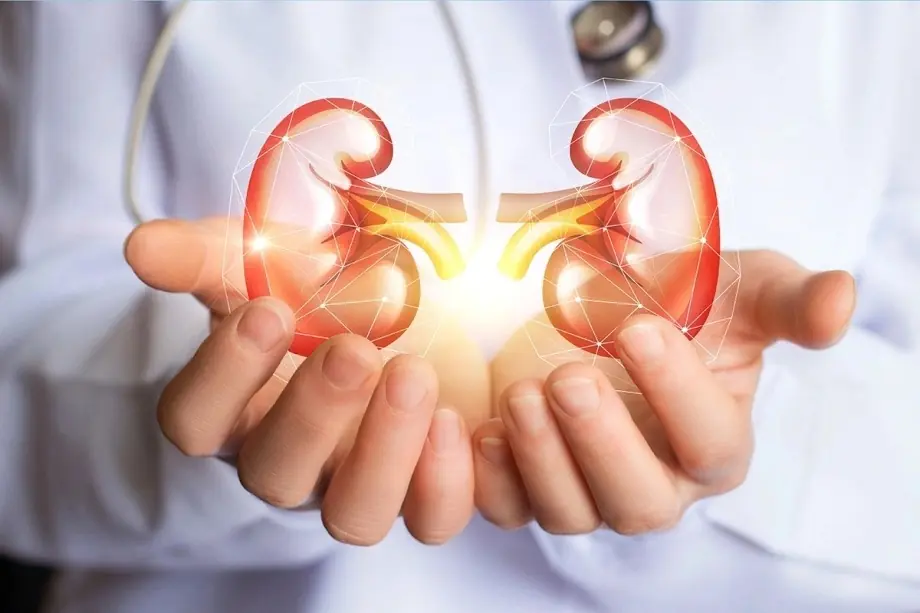
Rising Kidney Failure in Young People: One Harmful Habit Many Are Unknowingly Practicing
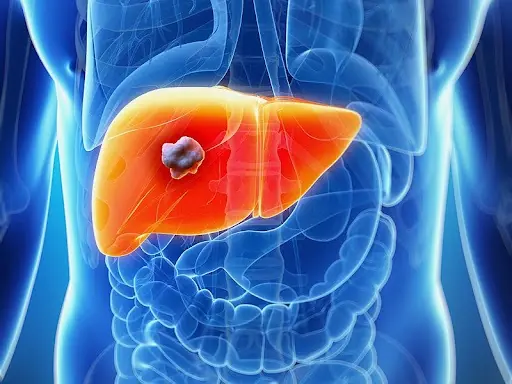
5 Early Signs of Liver Failure: Seek Medical Help Early to Prolong Life – Number 2 Is Especially Common

7 Health Problems That Can Happen If You Don’t Drink Enough Water

Home Remedies to Treat and Prevent Ingrown Toenails (Onychocryptosis)
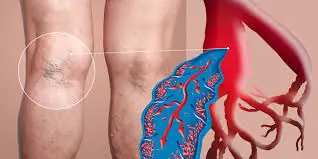
Blood Clot in Leg: Crucial Signs and Symptoms You Can't Afford to Ignore

Game Changer: New Urine Test Detects Pancreatic and Prostate Cancer Early with 99% Accuracy

Surprising Triggers: What May Be Causing Your Hives (Urticaria)

The Truth Behind ‘Durex’: What Its Name Actually Stands For Has Stunned Many

Your Eyes: Windows to Your Health – Uncovering Diabetes and Cancer Through Vision
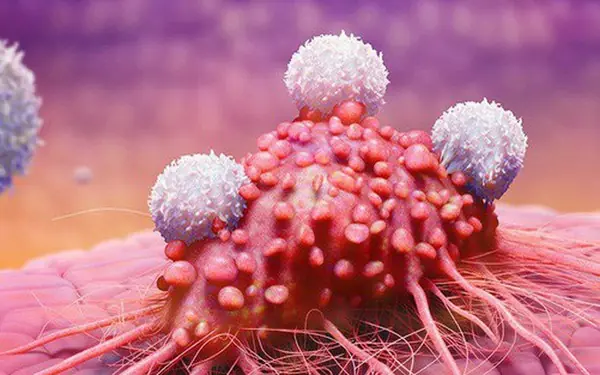
5 Early Warning Signs of Cancer in Children: Parents Must Know to Save Their Child
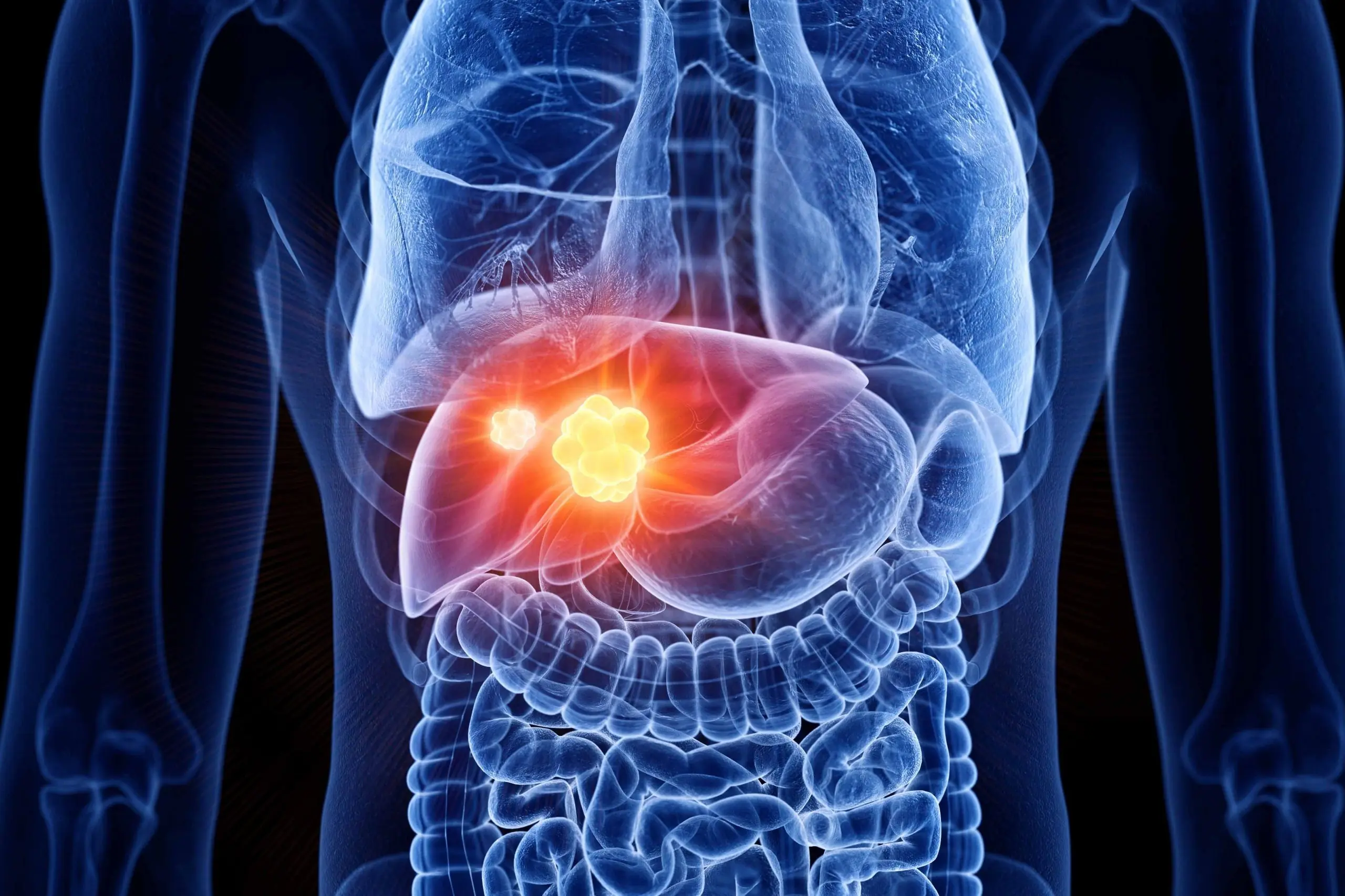
If Your Body Has a Bad Odor in These 3 Areas, It Could Mean Poor Liver Detox and Declining Function – Get Checked Before It’s Too Late!
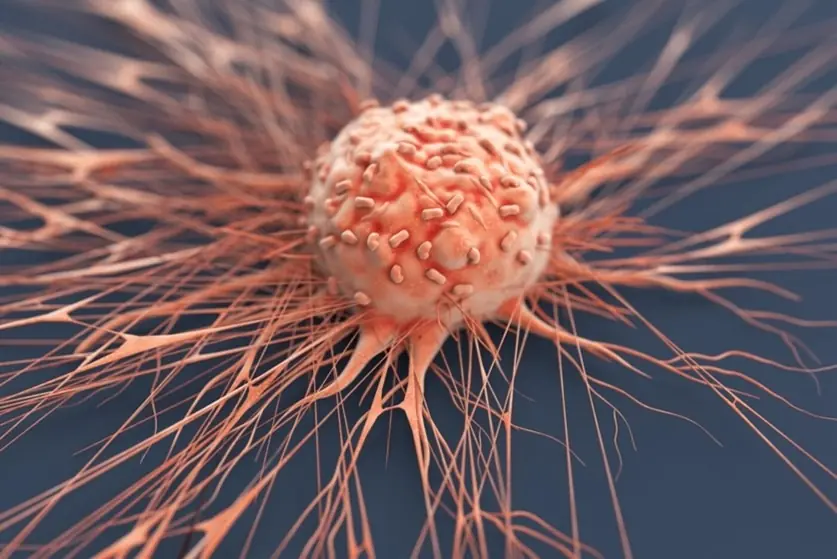
Warning: If You Notice This Symptom in Your Body, Go to the Hospital Immediately – It Could Be Late-Stage Nasopharyngeal Cancer

Astonishing Cancer-Fighting Power of One Juice — Even Doctors Are Surprised
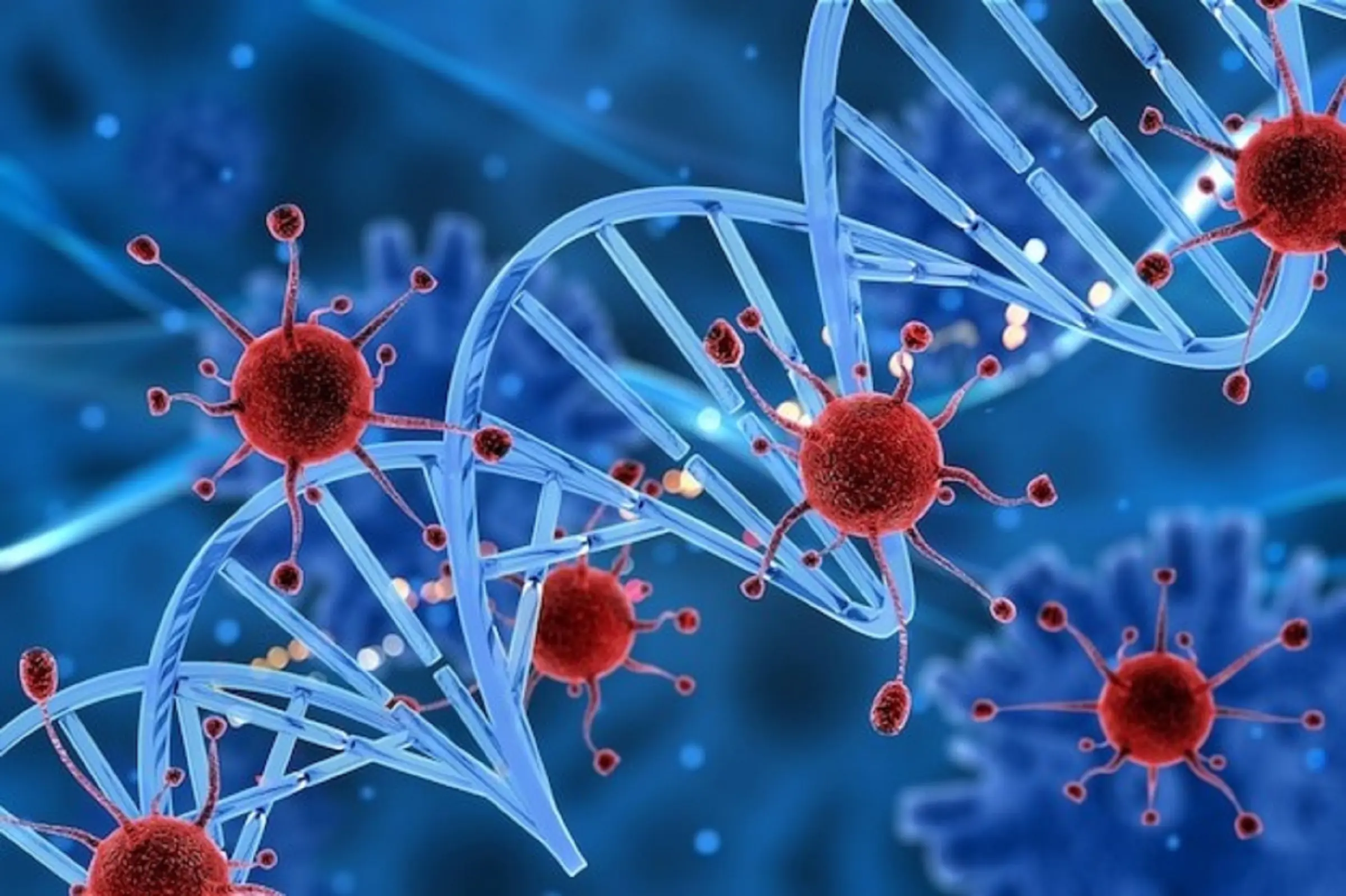
5 Types of Cancer with Over 90% Cure Rate: Early Signs Everyone Should Pay Attention To
News Post

Can You Spot the 6 Hidden Words in This Living Room Image?

Your Body's Silent Alarms: 9 Subtle Signals of a Heart Attack, Up to a Month Before It Strikes

31 Foods Experts Say You Should Avoid (Or Severely Limit)

Heart Surgeon Warns: 4 Foods and Drinks You Should "Always Avoid" to Protect Your Body

The first animal you spot in this visual reveals your ‘worst flaw’

Nature’s Secret Superfood: Why Purslane Is the Game-Changer Your Health Needs 🌿

🚫 Say Goodbye to Weevils: Easy Tips to Keep Your Beans and Rice Safe

People Shocked To Learn What Apollo 11 Astronauts Left Behind As Life Insurance

NASA Claims China’s Giant Dam Is Quietly Changing Time And Earth’s Balance

One Gram of DNA Can Store Around 215 Petabytes. More Data Than All of YouTube!

The Longest Walkable Distance On Earth Which No One Is Known To Have Completed

12-year-old girl dies of rare cancer—parents noticed worrying sign as she brushed teeth

Just Two Hours of Sitting in Silence May Spark Growth of New Brain Cells, Study Finds

This Military Sleep Method Helps You Fall Asleep In Less Than Two Minutes

Japan On Edge: Scientists Warn 82% Chance Of Megaquake That Could Kill 300,000

Purslane: The Humble Backyard Superfood You’ll Wish You’d Known Sooner

🥒🍋 Mix Chayote and Lemon — You'll Thank Me When You Discover What It's For!

Every Breath You Take Alters Your Visual Perception

Popular Medications Millions Of People Take At Night Have Been Linked to Disabilities
